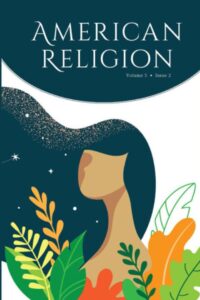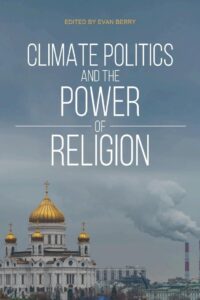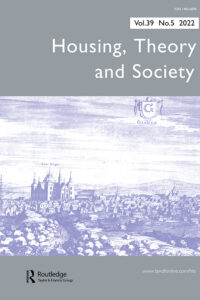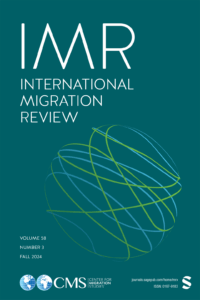Pan-Indigenous Peruvian norteños respond to political corruption, climate change, and environmental devastation by engaging Indigenous sentient landscapes as leaders of environmental movements and cocreators of a pan-Indigenous world. They challenge social models of neoliberal capitalism and settler colonialism, which are based on the distinction between the human and more-than-human and promote human exceptionalism. Scholars of political ontology have considered radically different forms of more-than-human persons and their plural ways of being in the world embedded in relations with the state. I argue that more-than-humans are not just alternative ways of being in the world, but frames through which norteños engage in subversive politics to challenge the justice of neoliberal capitalism and the state. By working beyond the theoretical limitations of ontological approaches (ways of being) and the state’s definition of politics, and within the realm of a local, place-based environmental and spiritual politics, I show how the historical dichotomies of Western thought, Western politics and their effects can be disrupted. I also analyze the difficulties of ontological politics in a milieu that does not ascribe to scholarly and political fantasies of Indigenous purity from modernity. Specifically, I analyze the conflicting ways in which norteños engage with more-than-human landscapes to provide a model for radical ethical environmental-political action, in which community and well-being are defined as humans in relationship to place-as-persons and nature is resignified as an anchor for social and climate justice.
Pan-Indigenous Ethical Cosmopolitics
Subversive Sentient Mountains and Climate Justice in Northern Coastal Peru



